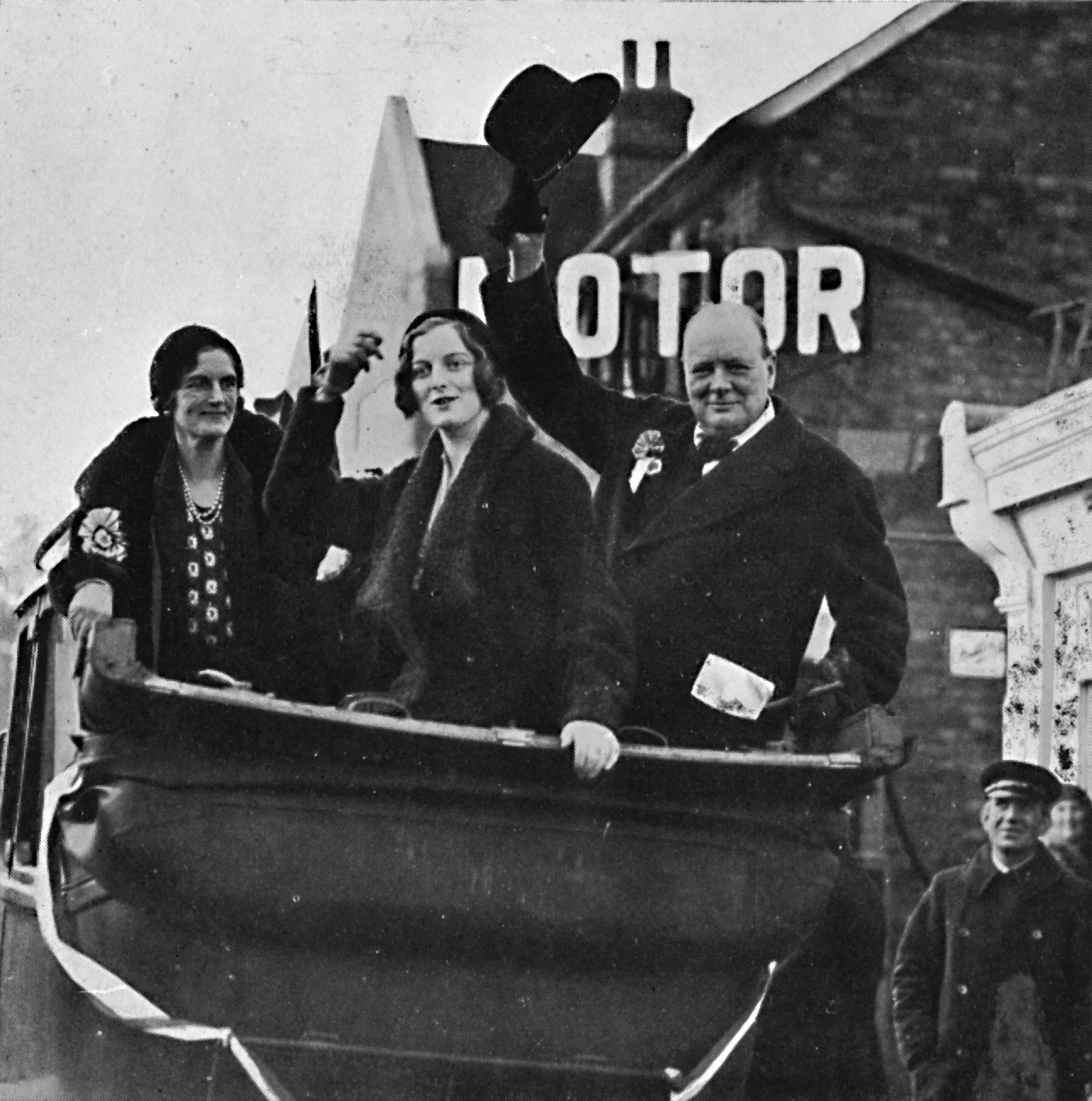Election 2017 guide: When is a defeat not a defeat?
Our elections guru assesses the various benchmarks that have been proposed for judging Labour’s performance on 8 June

Your support helps us to tell the story
From reproductive rights to climate change to Big Tech, The Independent is on the ground when the story is developing. Whether it's investigating the financials of Elon Musk's pro-Trump PAC or producing our latest documentary, 'The A Word', which shines a light on the American women fighting for reproductive rights, we know how important it is to parse out the facts from the messaging.
At such a critical moment in US history, we need reporters on the ground. Your donation allows us to keep sending journalists to speak to both sides of the story.
The Independent is trusted by Americans across the entire political spectrum. And unlike many other quality news outlets, we choose not to lock Americans out of our reporting and analysis with paywalls. We believe quality journalism should be available to everyone, paid for by those who can afford it.
Your support makes all the difference.As the days of the 2017 general election campaign trickle away, we have seen various stories emerge about how any Labour defeat will be measured by Jeremy Corbyn and the Praetorian Guard that surrounds him. Len McCluskey, general secretary of the Unite union, opined on the Politico website that Labour holding at least 200 seats “will be a successful campaign”. Others have argued that Mr Corbyn’s future is secure if Labour manages to secure a better vote share than it did at the last general election (31 per cent).
The table below sets out Labour’s electoral performance in every general election since 1931. The share of the vote is for Great Britain rather than the United Kingdom because for most of the period in question, the Labour Party did not contest seats in Northern Ireland.

Under our first-past-the-post voting in Westminster elections, some interesting outcomes have been delivered over time. In 1931, Labour’s share of the vote (31.1 per cent) was close to the share it received in 1987 (31.5 per cent) and 2015 (31.2 per cent). Yet, in 1932 Labour won only 52 parliamentary seats, compared with 229 in 1987 and 232 in 2015.
In numbers of seats, 1983 marked the nadir of Labour fortunes in the postwar period, with 209 seats. If Labour emerges in 2017 with fewer than 200 seats then we plunge back to the 1930s before we can find a worse result. Perhaps this is why we are being offered a choice of two measurements of “success” – not only seats but also share of the vote.
If we take the average support for Labour in the five most recent polls (sampled 11-17 May, 2017) it amounts to 31.2 per cent – the same as the actual share of the vote in the 2015 election. If Labour support falls below 30 per cent then we will be looking at the 2010 election where it secured 29.7 per cent of the vote, or 1983 where the party’s 28.3 per cent share was its lowest-ever for the entire period 1931-2015. If the Labour vote share increases in 2017, how much must that increase be before it can be judged a success; and it is a really interesting question – how do you measure success in defeat?
The more one delves into this the more unrealistic, it seems to me, it becomes. The idea that the Labour leader’s office will determine History’s verdict on the party’s performance on 8 June 2017 is the Theatre of the Absurd. The British public will make that judgement; there is no mystical alternative universe available to Mr Corbyn, or any other party leader for that matter, where common sense is suspended, where black is white and where reality is shaped on a potter’s wheel. Tens of millions of people will know whether Labour has succeeded or failed on 8 June, including millions of Labour voters, because they are the people who will have delivered the verdict. In the circumstances, it might be wiser for Labour to listen to them rather than attempt to interpret what they did for them.
David Cowling is a political analyst and Senior Visiting Fellow at King's College London. He is commenting on the election for The Independent throughout the campaign
Join our commenting forum
Join thought-provoking conversations, follow other Independent readers and see their replies
Comments